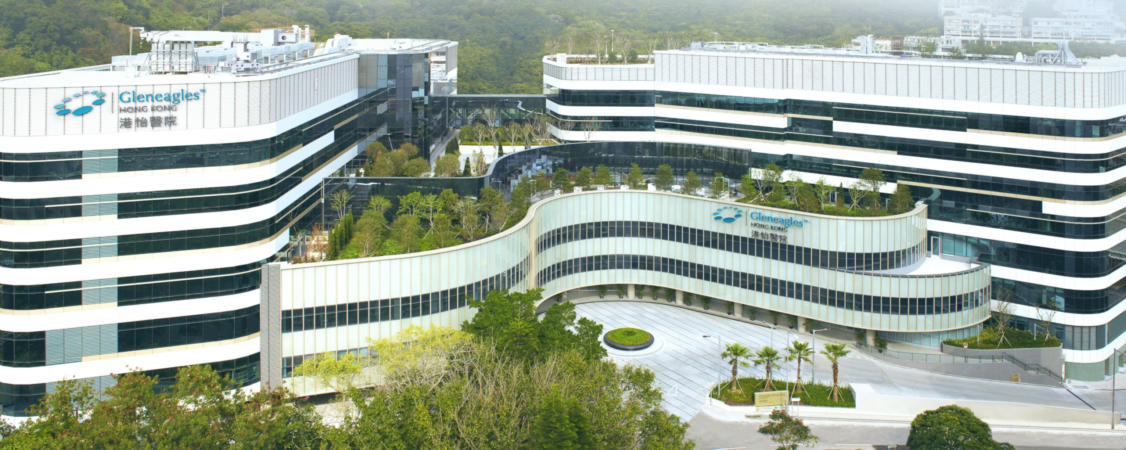Gastritis
What is Gastritis?
Gastritis is an inflammation of the stomach lining. It can be either acute with severe attacks that last for a couple of days, or it can be chronic, with long-term nausea and appetite loss. Gastritis can result in severe complications if untreated.
Causes of gastritis may include:
- Surgery, burns or traumatic injury
- Excessive alcohol consumption
- Infection caused by Helicobacter Pylori (H. pylori), a bacteria found in the stomach lining which can weaken the protective coating and therefore result in the digestive juices reaching the stomach lining
- Long-term use of non-steroidal anti-inflammatory drugs (NSAID) such as aspirin and ibuprofen
- Stress and chronic vomiting (observed in bulimia cases)
Gastritis may not cause any symptoms in most cases. The most common symptoms include:
- Burning feeling in the upper abdomen
- Loss of appetite
- Nausea and indigestion
- Pain in the upper abdomen
- Vomiting
The treatment of gastritis depends on the cause of the condition. Doctors will assess the condition and suggest the most appropriate treatment including:
- Acid control medications to neutralise acid levels in the stomach
- Antibiotics prescription to kill the bacteria if the patient is infected by H. pylori
- Painkillers such as those containing Acetaminophen






